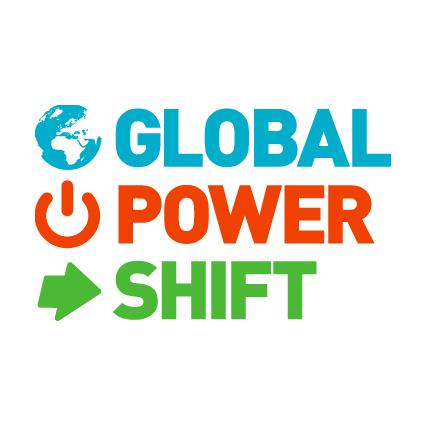
Introduction
In the ever-evolving panorama of global politics and economics, emerging economies are gaining momentum and reshaping the traditional world order. These economies, spearheaded by dynamic markets like China, India, Brazil, Russia, and South Africa, have become epicenters of geo-economic transformation, engendering a shift in worldwide hegemony. This article seeks to unveil the new global power shifts and elucidate how emerging economies are transitioning the world order.
Emerging Economies: The New Faces of Power
Understanding Emerging Economies
Emerging economies, also known as emerging markets, are countries experiencing rapid industrialization, liberalization, and economic growth. Encapsulating approximately 80% of the global population, these nations are dotted across Asia, Eastern Europe, Africa, and Latin America. They are navigating the economic development gradient, moving towards becoming developed economies.
Their Rise to Power
Emerging economies have been experiencing fast-paced growth over the recent years, forcing a redefinition of global economic power structures. Several factors have contributed to their ascension:
• Economic Liberalization: Many emerging economies have embraced market liberalization, attracting foreign investment and fostering an environment conducive to business.
• Increased Industrialization: The rise of manufacturing industries has played a crucial role in their growth story. These countries have become global manufacturing hubs, driving job creation and output.
• Expanding Middle Class: A burgeoning middle class with increasing purchasing power has accelerated consumption and stimulated economic growth.
Impacts of Emerging Economies on Global Power Structures
Redefining Economic Power
Emerging economies are significantly influencing global economic dynamics. Constituting approximately 40% of the global economy, these nations are becoming key players in world trade. They have spurred foreign investment, diversified markets, and are commanding powerful positions in global decision-making.
Shaping Global Governance
The rising influence of emerging economies is palpable in global governance structures as well. Entities like BRICS (Brazil, Russia, India, China, South Africa) are gaining more clout in international institutions like the IMF and the World Bank, advocating more inclusive and equitable global governance.
Propelling Technological Innovation
Emerging economies are also at the forefront of technological innovation. Companies in these markets have moved from being mere adopters to pioneers of innovative technologies. Nations like China and India are becoming global leaders in domains including artificial intelligence, mobile technology, and e-commerce.
Case Study: China’s Economic Rise
China’s rise as a global economic superpower vividly illustrates the shift in global power. Phenomenal economic growth, strategic policy decisions, and technological advancements have put China at the helm of emerging economies. Today, it is the world’s second-largest economy, demonstrating the potential and influence of emerging markets.
The Future of Global Power Shift
Emerging economies’ rise to prominence is reshaping the world order and gradually shifting the economic center of gravity from the West to the East. The process is gradual, and the power transition will not happen overnight. However, if current trends persist, emerging economies could reshape the world order in unprecedented ways.
Conclusion
Emerging economies’ burgeoning influence is reshaping global power structures, steering the world towards a more multipolar order. Although the transition is fraught with myriad challenges, it presents an opportunity for more inclusive and equitable global governance. As emerging economies continue to grow, their influence on world economy, politics, and technology will be crucial in determining the future contours of global power. This examination of global power shifts underscores the changing dynamics of international relations in the 21st century, offering a glimpse into the trajectory of our interconnected world.

Leave a Reply